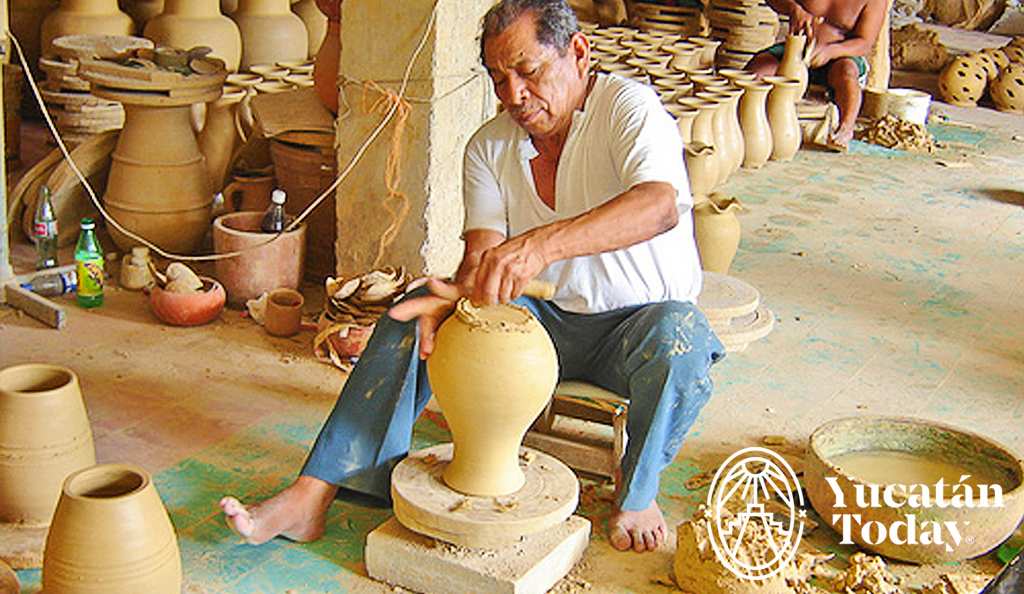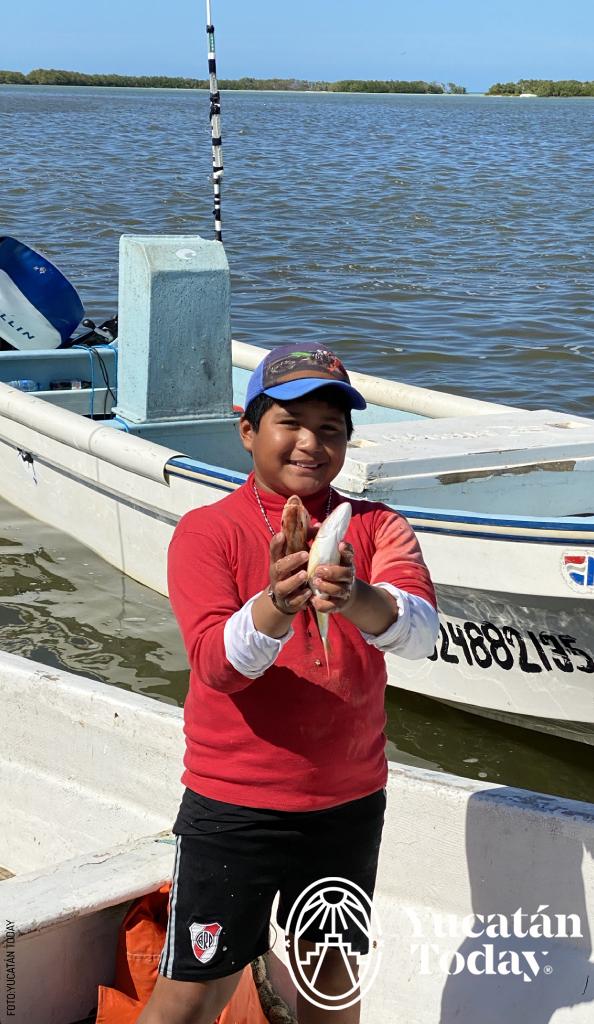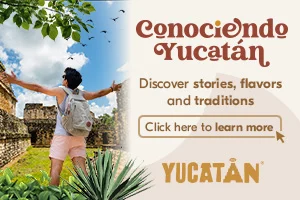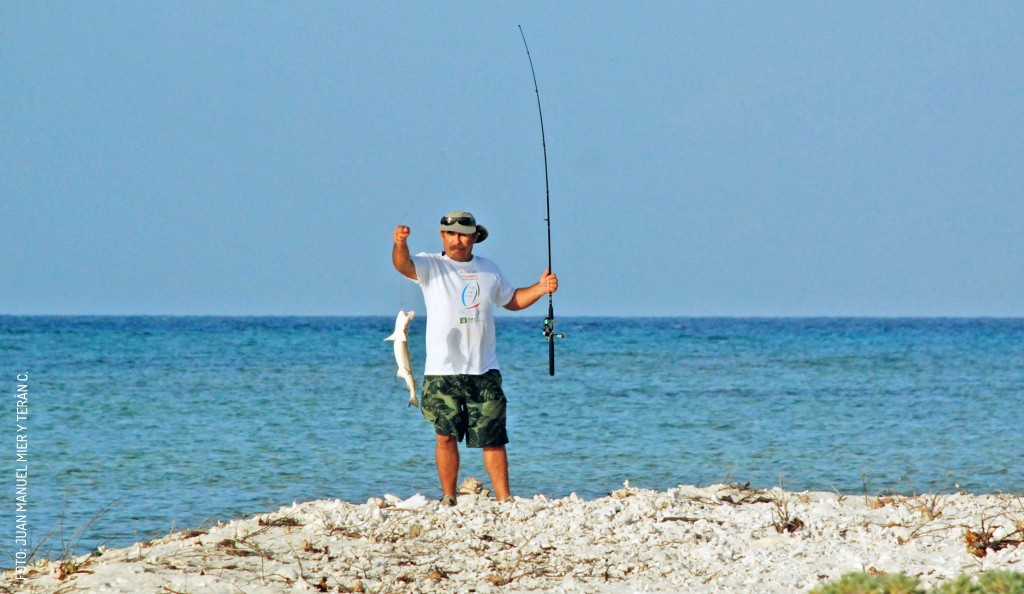
Gone Fishing in Yucatán
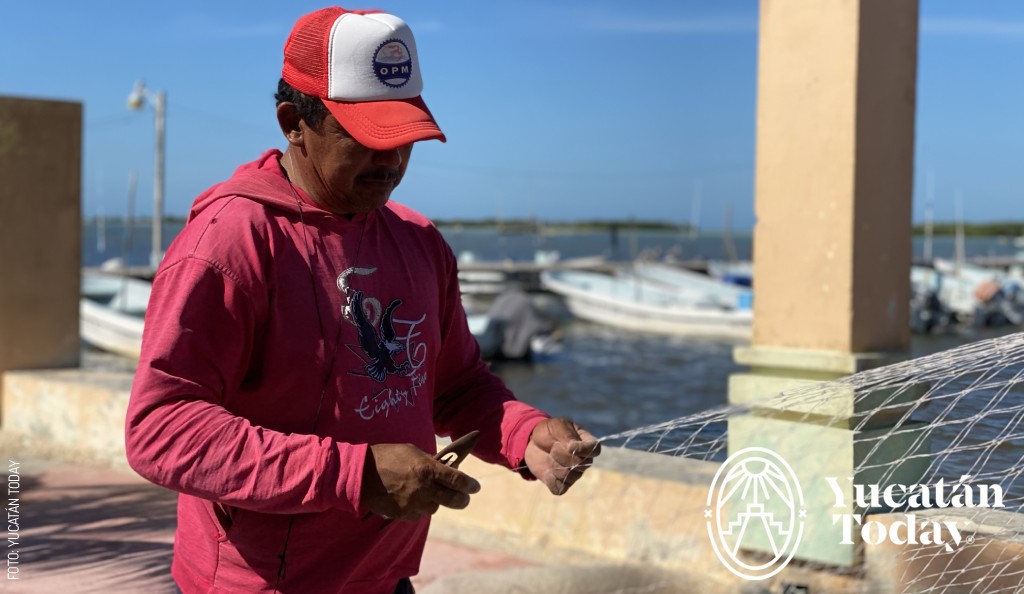 In case you hadn’t noticed, the state of Yucatán has miles and miles of coastline, which is not only conducive to tanning and swimming, but also very attractive for fishing enthusiasts. And while the big fish/yacht experience is available here much like on the Caribbean side of the peninsula, today we will focus more on some of the more traditional, local forms of fishing, as practiced by many Yucatecos, both native and/or adopted.
In case you hadn’t noticed, the state of Yucatán has miles and miles of coastline, which is not only conducive to tanning and swimming, but also very attractive for fishing enthusiasts. And while the big fish/yacht experience is available here much like on the Caribbean side of the peninsula, today we will focus more on some of the more traditional, local forms of fishing, as practiced by many Yucatecos, both native and/or adopted.
To see locals fishing, it’s as simple as getting yourself to the coast and walking out onto some of the area’s recently repaired and restored piers, which for the longest time were in deplorable shape thanks to neglect and weather events like hurricanes. You can also see people fishing on the beach.
On these piers and on the beach, there will inevitably be men, sometimes accompanied by their spouses and kids (as well as the ambitious pelican or two who appreciate a handout) throwing a net or a line into the water. You might or might not see an actual fishing rod. There is a bucket for the catch and some sort of container with bait. Have a look into either and comment or ask about what’s inside. Your answer may be a confused smile, but more often than not, this is a good way to start a conversation.
On the pier, the idea is to drop the line with a weight and a baited hook—squid is popular, as is a piece of fish such as a sardine (not alive)—and let it settle to the bottom. Some unsuspecting bottom dweller will come along and take a bite; you will feel the movement and, with a jerk, hook the fish and bring it up.
If you do see someone with a rod, they are practicing what is known locally as “casteo,” as in “casting” a line. This is when you bait the hook, add a small weight and cast it out as far as possible and then reel it in slowly, trying to make the hook and bait simulate a swimming fish. This is done repeatedly until you feel a bite, at which point the “Pez” (fish in the water) becomes a “pescado” (a fish that’s been caught).
When discussing fishing, you might hear about “fondo,” a term that means “bottom”. In an anchored boat on the water, the technique, again, involves the hook being baited, a weight added, and it being dropped to the bottom, where it waits for someone to come along and bite. The fish is then pulled up and into the boat, and out come the filet knife and some limes so you can prepare an ultra-fresh ceviche.
Finally, there is “troleo,” which again comes from the English “trolling.” That is the boat moving slowly along, with rods or lines in the water, hooks baited, and lures a-twirling, waiting for a reaction from below.
There are many kinds of fish in the waters of the Gulf. If you are fishing from shore or a pier, you might encounter Robalo ( common snook, Centropomus undecimalis) , Corvina (spotted trout or weakfish, Cynoscion nebulosus ), Macabí (bonefish, Albula vulpes ), or Jurel (horse-eye jack, Caranx latus ), among others.
When trolling aka “troleo” in Gulf waters close to shore you might catch a barracuda (Sphyraena barracuda) , Carito (king mackerel, Scomberomorus cavalla ), Negrillo (black grouper, Mycteroperca bonaci ), the aforementioned horse-eye jack, Bonito ( Sarda sarda ), and, a little further out, Atún (tuna, Thunnus atlanticus ) , Wahoo (wahoo, Acanthocybium solandri ), or Pámpano Africano (African pompano, Alectis ciliaris ).
If you are so inclined and want to enjoy a day on or near the water, or are looking for a fun way to provide a delicious lunch for the folks who love eating fish but not necessarily catching fish (like me) the bounty of the Gulf will delight and surprise you, and is an excellent way to meet and spend some time with the locals.

Author: Ralf Hollmann
A bonafide Yucatecan born in Germany and raised in Canada, with a degree in Hospitality and Tourism from the British Columbia Institute of Technology and an occasional source of sometimes-deserved snark, Ralf has experience traveling, leisure tourism, copyediting, creative writing. He also plays the guitar and enjoys taking photos. IG: ralf.around.the.world
Receive the latest articles and much more from the best of Yucatán in your email!
Related articles

Life in the Tropics - Dress Code for Men
A new arrival to Yucatán might have many questions regarding the dress code. Here's our guide to dressing like a Yucateco, and respecting local...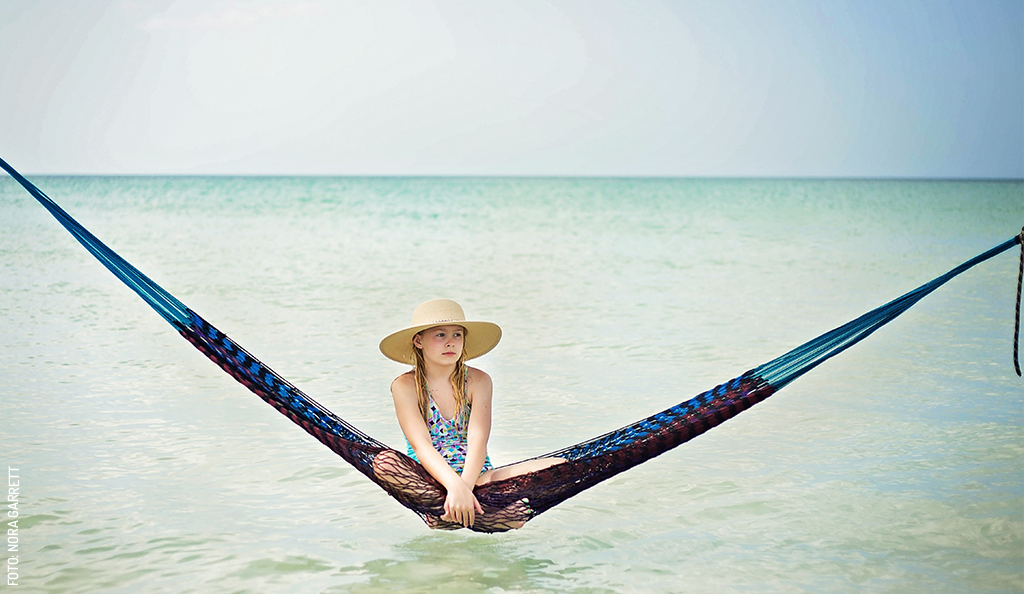
Sleep Like a Yucatecan
If you are Yucatecan you are most certainly familiar with the hammock. If you’re not a Yucatecan, you might be acquainted with the hammock as a...